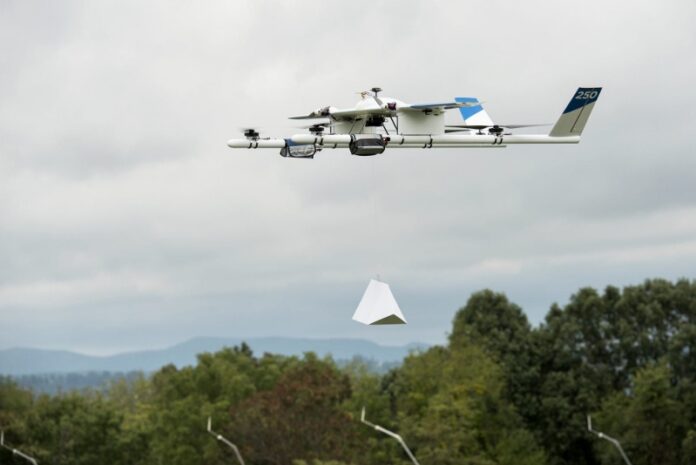Virginia has earned a #1 ranking for Unmanned Aerial Systems (UAS) in a recent report by Business Facilities magazine. The 15th annual report, which forecasts future climates for business development and economic opportunity, said that Virginia was the first choice for UAS systems business climate.
“An innovative approach to transportation infrastructure is essential to building a multimodal network that is safe, reliable, and efficient,” said Virginia Secretary of Transportation Shannon Valentine. “This ranking reflects the Commonwealth’s focus on emerging technologies and the impact of Unmanned Aerial Systems on Virginia’s economy.”
Mark Flynn, director of the Virginia Department of Aviation, said, “Virginia is making great strides toward the safe and effective integration of Unmanned Aerial Systems into our everyday lives. The ranking is a reflection of the pro-business and forward-thinking attitude toward UAS that the government and private industry have built in the Commonwealth.”
The same report by Business Facilities also ranked Virginia in the top three states for economic growth potential and top 10 for emerging growth sectors.
The UAS industry in Virginia is supported by Transportation’s Office of Research and Innovation, the Virginia Economic Development Partnership, the Virginia Department of Aviation, the Virginia Department of Transportation, and the Mid-Atlantic Regional Spaceport (MARS). MARS hosts a state-of-the-art UAS test facility, where three Federal Aviation Administration-certified runways are utilized by private and government entities for aeronautical research, development, testing, and evaluation exercises.
Virginia is also home to the Center for Innovative Technology (CIT) and the Mid-Atlantic Aviation Partnership (MAAP). In 2018, CIT and MAAP, along with private and public industry partners, were responsible for bringing the establishment of the U.S Department of Transportation’s UAS integration program into Virginia. The program is responsible for the research necessary for the safe integration of commercial drone usage beyond visual line of sight.
Aurora Flight Science’s Passenger Air Vehicle (PAV) program is being developed in Virginia as well. PAV is the answer to demands from ridesharing companies, such as Uber and Lyft, and will one day be used for unmanned passenger flight within urban areas. The research, construction, and testing of PAVs have taken place at Aurora Flight Sciences headquarters in Manassas.
Dr. Amber L. Wilson, manager of aviation technology for the Department of Aviation, said, “The collaboration between the Department of Aviation and its partners have created a safe atmosphere for the development of this emerging and important market. Today’s achievement is an excellent beginning in what will be a trend for the Commonwealth moving forward.”

